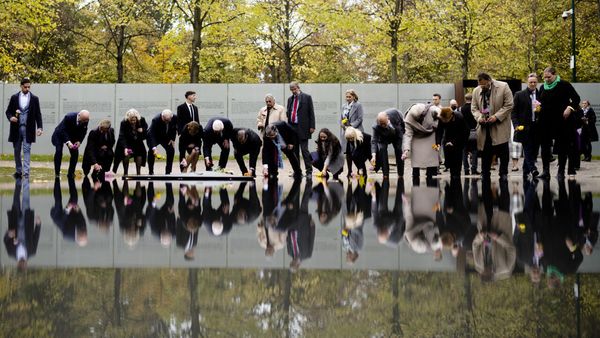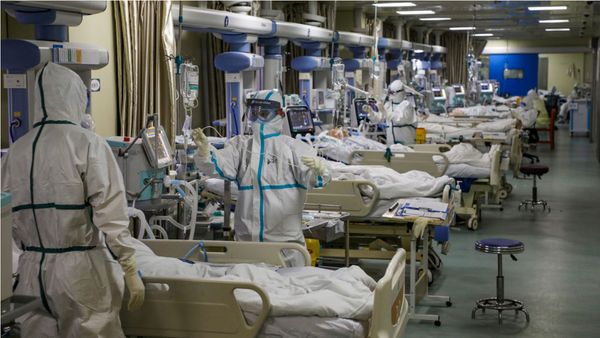
About an hour before a gunman entered Marjory Stoneman Douglas High School and fatally shot 17 people with an AR-15 rifle, Emma González was in an AP U.S. government class, learning about the role of special interest groups in American politics.
Those interest groups, the class discussed, used money to influence politicians to support their causes. As the classroom discussion continued, González thought about interest groups she supported, like the Sierra Club. And then she recalled the one she most despises: the National Rifle Association.
“I hate guns,” González said in a recent interview as she recalled the classroom debate. “All of these people are getting paid to do nothing about guns, and we as a people are doing nothing in response, so that’s our fault. It’s the people’s fault for not doing something.”
Just three days later, González would be behind a microphone to give an impassioned speech seen around the nation. She decried the NRA and vowed to get politicians who accept their money voted out of office.
González has been among the most prominent of the crop of student activists thrust onto the national stage in the wake of one of the nation’s worst school shootings. The activists have done a wave of interviews, petitioned lawmakers in Tallahassee and served as a major part of a CNN gun violence town hall.
“This has changed me fundamentally to the core,” González said in an interview. “I was never able to take naps before and now I’ve been needing naps.”

González, 18, is the youngest of three children. Her mother works as a math tutor, and her father is an attorney for a cybersecurity company. She’s lived in Parkland, Fla., her entire life.
Before her activism of the past week, González was best known for her distinct style — she sews much of her own clothes — and was recently featured on the school’s “Humans of MSD” Instagram page, where she discussed the decision to shave her head.
She loves creative writing and astronomy. She does not love math.
González, who identifies as bisexual, is the president of the school’s Gay-Straight Alliance, of which she has been a member for three years. On the day of the shooting, allegedly by a former student, González spent her lunch period selling “professions of love” — Valentine’s Day cards designed like marriage certificates.
González was with dozens of other students in the auditorium when they heard the fire alarm go off that day. They made their way to the hallway, where they were quickly told to turn around and take cover, prompting them back into the auditorium. She would spend the next two hours searching Google News for updates on the active shooter until the police entered the auditorium to let them out.
The night of the shooting, after scouring local news, González saw a list of the victims and realized she knew several of them.
“There’s a pot of sadness in my stomach,” González said, adding that she’s still having trouble fully comprehending what happened inside her high school last week.
Thursday afternoon was spent attending a small vigil in honor of the victims.
“I just wanted to see everybody,” González said. “It was a day full of tears, but really good tears in a way.”
By that night, González had decided to speak out publicly. She soon got her chance: Her friend, David Hogg — one of the most outspoken students at the school — texted to tell her that CNN was looking for someone to join them on-air that night with Anderson Cooper.
“I was excited, I was like . . . ‘I know that guy from TV,’ ” González said. “And then I started getting text messages from people who saw the interview and thought ‘Wow, people are listening to me.’ ”







